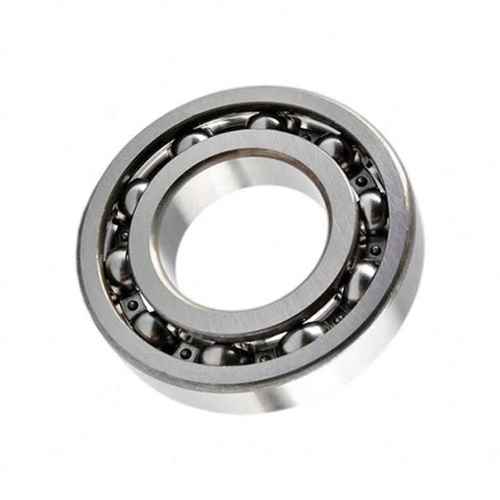Ball Bearings Price List 2023: Top Suppliers, Types, and Buying Guide
Ball bearings are critical components in machinery, reducing friction between rotating parts. Their prices vary based on material, precision grade, load capacity, and supplier. This guide analyzes current market trends to help businesses source high-quality ball bearings at competitive rates.
1. Ball bearings price comparison 20232. Industrial ball bearing suppliers
3. Types of ball bearings and costs
4. How to buy cheap ball bearings
5. Stainless steel vs ceramic ball bearings price
1. Ball bearings price comparison 2023

Current market analysis shows standard deep groove ball bearings (6000-6200 series) range from $1.50 to $15 per unit depending on precision class. ABEC-1 grade bearings start at $2.50, while ABEC-7 precision bearings can exceed $50. Bulk purchases (500 units) typically offer 15-30% discounts. Prices fluctuate based on raw material costs, with chrome steel remaining the most economical option. Leading manufacturers like SKF, NSK, and Timken maintain stable pricing structures, while emerging Asian suppliers offer 20-40% lower rates for comparable quality.
2. Industrial ball bearing suppliers
Top global suppliers include SKF (Sweden), Schaeffler Group (Germany), and NTN Corporation (Japan). For budget-conscious buyers, Chinese manufacturers like C&U Bearing and LYC Bearing provide ISO-certified options at competitive prices. When evaluating suppliers, consider lead times (4-8 weeks standard), minimum order quantities (MOQs), and certification compliance. Verified suppliers on Alibaba and Global Sources offer transparent pricing, with 6204ZZ bearings priced between $0.85-$3.20 per unit for orders above 1,000 pieces.
3. Types of ball bearings and costs
Common variants include deep groove ($1.5-$20), angular contact ($8-$45), thrust ($5-$60), and self-aligning ball bearings ($10-$75). Stainless steel bearings (AISI 440C) cost 30-50% more than standard chrome steel models. Hybrid ceramic bearings (silicon nitride balls) range from $25-$150 due to specialized manufacturing processes. Miniature bearings (under 10mm) command premium pricing up to $30 per unit for medical-grade applications.
4. How to buy cheap ball bearings
Optimize costs by purchasing directly from manufacturers during trade shows like Hannover Messe. Consider B-stock or surplus inventory (20-60% discounts) through authorized distributors. Implement just-in-time purchasing to avoid storage costs. For non-critical applications, explore remanufactured bearings certified to 80% original specifications at 40-70% cost savings. Always verify material certificates and conduct sample testing before bulk orders.
5. Stainless steel vs ceramic ball bearings price
Stainless steel bearings (average $8-$50) offer corrosion resistance for food/pharmaceutical industries. Full ceramic bearings ($35-$200) provide superior heat resistance (up to 800°C) and electrical insulation. Hybrid ceramic-steel bearings ($25-$120) balance performance and cost, ideal for high-speed applications. Lifecycle cost analysis often favors premium bearings, with ceramic options lasting 3-5x longer in harsh environments despite higher upfront costs.
Understanding these five key aspects of ball bearing pricing enables smarter procurement decisions. Whether sourcing standard deep groove bearings or specialized ceramic units, balancing initial costs with operational performance is crucial. The following section synthesizes these factors into actionable strategies for optimizing your bearing budget while maintaining equipment reliability.
This comprehensive guide provides essential insights into ball bearing market dynamics, supplier selection criteria, and cost optimization strategies. By applying this knowledge, businesses can effectively navigate global supply chains, select appropriate bearing types, and implement cost-saving purchasing practices without compromising quality.




 13869596835
13869596835